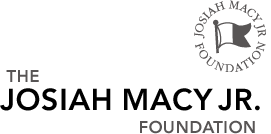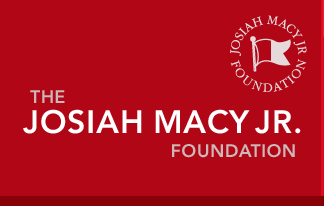Our Grantees
Across the Foundation’s priority areas, our grantees are working to improve the health of the public through innovative research and programs. The Foundation awards up to 40 grants on a rotating schedule each year.
Basic Sciences for Pediatric Trainees
One key finding from the 2003 Macy Conference on “Pediatric Education in the 21st Century” was that pediatric education at the graduate level has failed to keep pace with the rapid advances in biological and athophysiological knowledge that have done so much to enhance basic understanding of development and human genetics.
After the conference, Bonita Stanton, MD, Chairman of the Department of Pediatrics at Wayne State University and a leader of the Association of Medical School Pediatric Department Chairs, and Ed Schor, MD, Vice President for Child Development and Prevention at the Commonwealth Fund, worked together to develop a pilot project aimed at integrating advances in the basic sciences into clinical teaching at the pediatric residency level. That work led to the development of the model to be tested during this two-year period. The proposal has the endorsement of the Commonwealth Fund and the American Board of Pediatrics, both of which are contributing to the project.
Eleven pediatric residency programs will participate, including Wayne State, Brown, University of Chicago, Illinois College of Medicine, University of Washington School of Medicine, Michigan State, University of Medicine and Dentistry of New Jersey, University of Louisville-Kentucky, Medical College of Georgia, SUNY-Stonybrook, and Boston University.
The project has five overall goals:
- To develop a method for pediatric residency education that emphasizes an approach to patient problems based on an understanding of the underlying physiology;
- To develop approximately 33 interactive IBS (integrating basic science) cases (three per institution) that emphasize an understanding of the mechanisms of disease in the context of human development, environment, genetics and other factors. These cases will be used during the “morning report.”
- To utilize the IBS case formats as a tool to change the “culture” of morning report and didactic education for residents.
- To assess the impact of the IBS case format both on teaching style and on resident participation; and
- To promote national dissemination of the impact of the IBS case format on teaching style and resident participation by publishing both the evaluations of the project and the IBS case studies, working both with the American Board of Pediatrics and the Association of Pediatric Department Chairs.
The expected outcome is an enhancement of integration of basic biomedical advances into graduate pediatric (residency) education and training.




 11.13.18
11.13.18